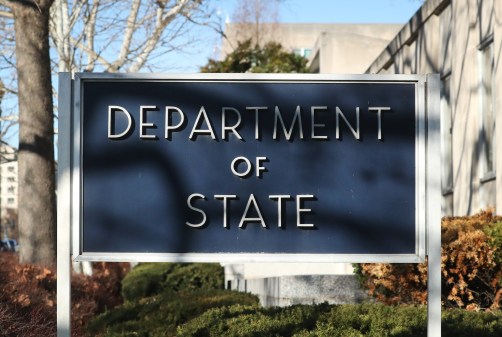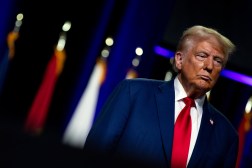Congress again wants the State Department to pay more attention to the internet
Prominent House members are again seeking to create a high-level position within the State Department dedicated to advancing U.S. cybersecurity interests worldwide.
The Cyber Diplomacy Act would require the department to open an Office of International Cyberspace Policy, whose top official would report directly to the secretary of State or deputy secretary of State. The office’s primary goals would be to advocate democratic ideals for cyberspace and push back against Russian and Chinese effects to “extort more control and censorship over the internet,” say the bill’s sponsors, House Foreign Affairs Chairman Eliot Engel, D-N.Y., and Michael McCaul, R-Texas, the panel’s ranking member.
The legislation closely resembles a bill passed by the House and approved by the Senate Foreign Relations Committee in 2018. That version only specified that the head of the new office should be designated an assistant secretary of State. It also called for the office to have a broader purview that included the “digital economy.”
The proposals surfaced last Congress after then-Secretary of State Rex Tillerson had shuttered a previous cybersecurity office as part of his reorganization of the department. That move drew widespread criticism with lawmakers and from private sector leaders, who said the U.S. was failing to prioritize cyber diplomacy at a time when other nations were flexing their muscle on the internet.
Engel and McCaul stressed that the new office would be focused on diplomatic efforts.
“The United States must lead the way in promoting a secure and free internet and reject China and Russia’s authoritarian attempts to impose state control over the global cyber commons,” McCaul said in a statement Thursday. “By working with our foreign partners, this bipartisan legislation will globally promote a vibrant digital economy, multi-stakeholder internet governance, and freedom online.”





